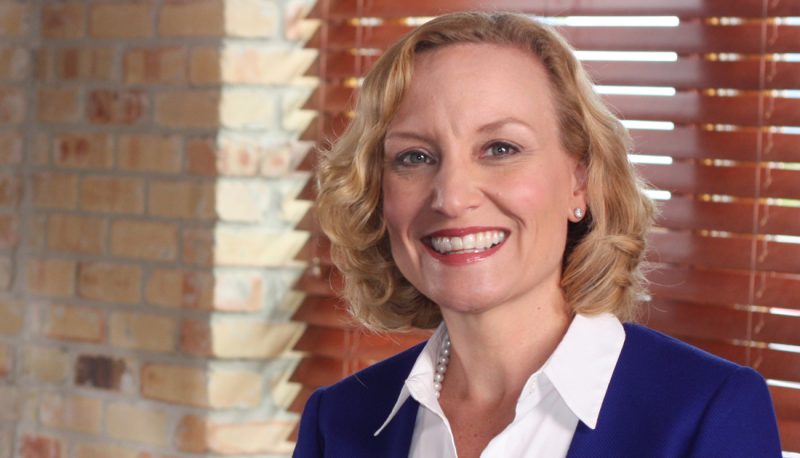“Confirmed Judges, Confirmed Fears” is a blog series documenting the harmful impact of President Trump’s judges on Americans’ rights and liberties.
Natasha Henderson worked as the city administrator of Flint, Michigan, when it was under state-controlled receivership. She alleged that in 2016, she was fired in retaliation for reporting potentially illegal conduct by the mayor, in violation of Michigan’s whistleblower-protection law and her First Amendment speech rights. A three-judge panel of the Sixth Circuit ruled that her case could go to trial, but Trump judge Joan Larsen wrote a dissent that—if it became law—would make it extremely difficult for a fired whistleblower to ever make their case to a jury of their peers, both in public and in private employment.
City officials had requested that any private donations to help those affected by the lead crisis be made to a nonprofit fund administered by the Community Foundation of Greater Flint. Henderson learned that Mayor Karen Weaver was directing staff to funnel offered donations away from the city-approved fund and instead into a 527 organization that she had formed on her own. Henderson felt personally obligated to report this to the interim chief legal officer, Anthony Chubb. Three days later, the mayor met with Chubb and the city’s HR officer and Henderson was given a termination letter with no explanation.
Larsen would have prevented Henderson from making her case to a jury because, according to Larsen, Henderson hadn’t presented enough evidence that the mayor even knew about the accusation at the time of the firing. Judge Larsen relied on Chubb’s testimony that he had not told the mayor about it until after the firing. But rather than let a jury decide the factual question of timing and motive, as the other two judges directed, Larsen arrogated this role to herself. Here are just some of the things that Larsen tried to prevent Henderson from telling a jury:
- When Henderson asked the mayor why she was being fired, the mayor said the city couldn’t afford her salary. But Henderson pointed out that her salary was paid by the state and not the city, so that could not have been the real reason. Perhaps this would make a jury suspect any subsequent rationale the mayor might give, but Larsen would have prevented that.
- Chubb had a motive to lie. When Henderson was fired (with Chubb’s support), Chubb was hoping the mayor would make his interim job permanent. Then, when she hired someone else, Chubb sued. But before Chubb’s testimony in Henderson’s case, the mayor approved a $56,000 settlement with Chubb. Perhaps they had made a deal about his testimony? These are exactly the kind of questions of credibility that juries address every day.
Nevertheless, Larsen concluded:
Yet Henderson has produced no evidence, direct or circumstantial, showing that Mayor Weaver knew, before Henderson’s termination, that Henderson had reported her alleged wrongdoing to Anthony Chubb … [So there is] no proof of a causal relationship between Henderson’s speech and her termination…
In both public and private employment, retaliation against whistleblowing is a real problem. Laws to protect whistleblowers are worthless if judges like Joan Larsen can block victims from arguing their case before a jury in a court of law. Cases like this are why so much in corporate dark money is being spent to get President Trump’s judges on the bench.

